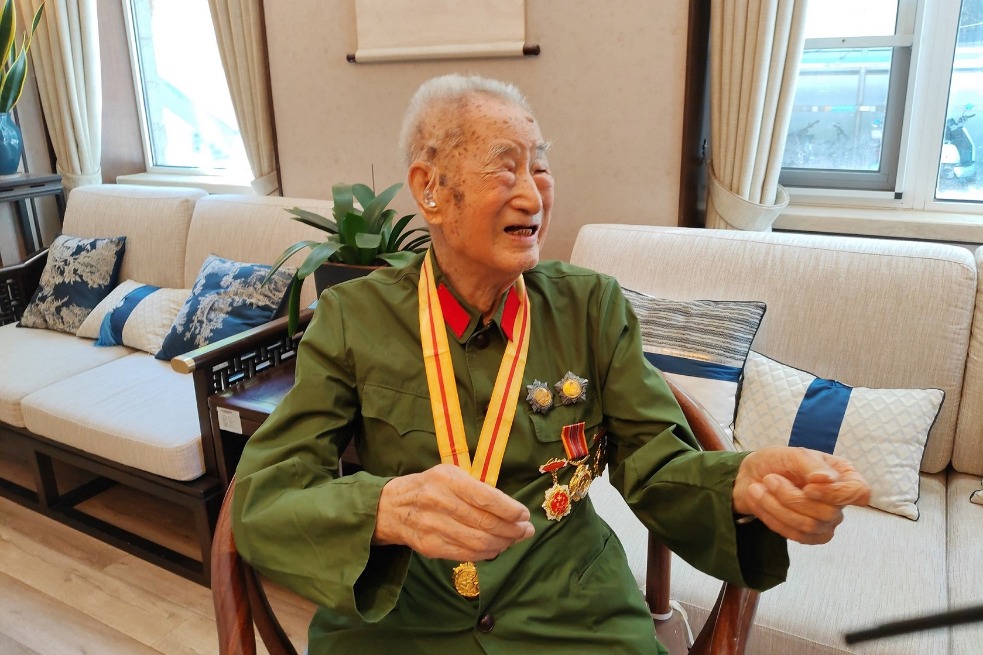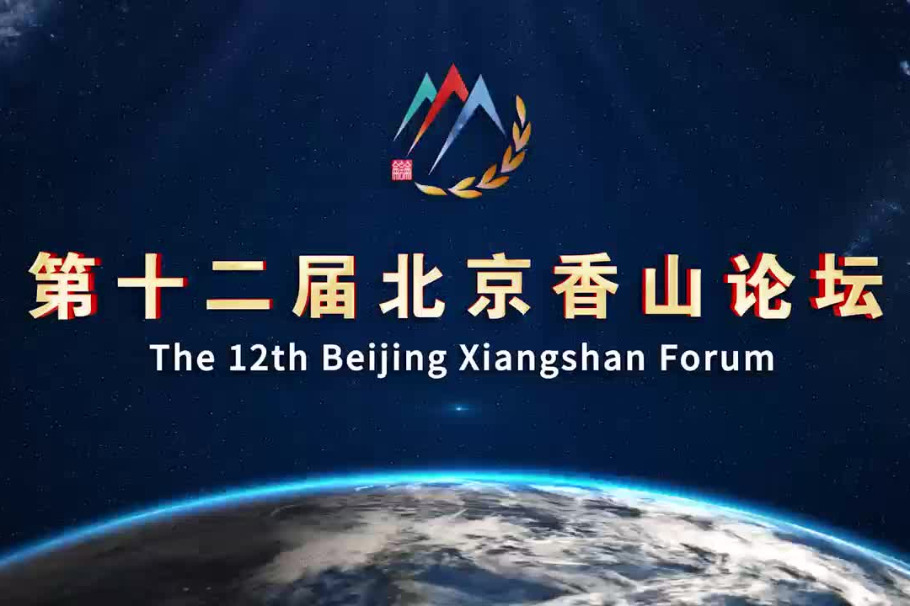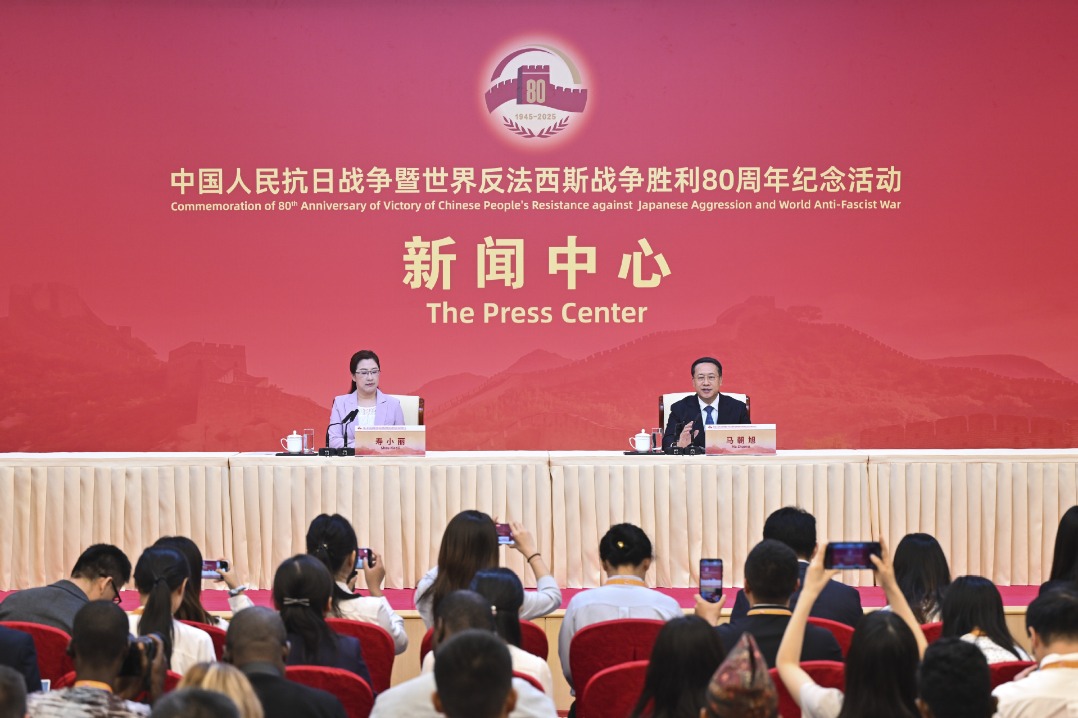Exporters tap domestic market for growth

As consumer demand becomes more diverse in China, export-oriented companies are shifting their focus to the home market for new opportunities.
Market watchers said these companies — backed by government policies promoting deeper integration between domestic and overseas trade — are increasingly pivoting toward the home market to tap both the vast potential of China's consumers and to hedge against risks from unilateral measures abroad.
One such company is Rongcheng Molin Outdoor Technology Co Ltd, a Rongcheng, Shandong province-based recreational vehicle (RV) manufacturer.
Liu Chunfeng, the company's production director, said the firm's ratio of domestic to overseas output is currently about one to nine, and is expected to reach roughly one to one within five years.
"But if we expand into the domestic market, we need to build an entirely new production line, because the requirements at home and abroad differ significantly," said Liu. "Because water, electricity and gas systems differ, we have to completely reconfigure the factory layout, including details such as where the vehicle doors are placed."
The standards vary on both sides, so the engineering and design processes must also be adapted accordingly, he added.
Rongcheng Compaks RV New Energy Vehicle Co Ltd, another RV producer in Rongcheng, saw its export volume reach 4,000 units in the first seven months of this year, up more than 10 percent year-on-year.
Liu Shaoxun, the company's president, said China's growing RV market — particularly in its southwestern and northeastern regions — is prompting the firm to design models tailored for domestic demand and refine them in line with local consumer preferences.
Such adjustments are increasingly common across industries as companies look to balance domestic and overseas demand.
Guan Lixin, a researcher specializing in marketing at the Chinese Academy of International Trade and Economic Cooperation in Beijing, said a resilient domestic market not only cushions exporters against rising geopolitical headwinds, but also provides firms with the scale to innovate and expand — a key advantage in sustaining China's long-term trade prospects.
To help exporters tap the domestic market, the Ministry of Commerce has engaged with industry associations, leading retailers and distributors to explore ways to expand sales channels at home.
As part of its latest initiative, the ministry has introduced high-quality export products into supermarkets, brick-and-mortar stores and e-commerce platforms across the country, while also incorporating them into the consumer goods trade-in program.
Many companies long rooted in China's home market are also accelerating their push abroad. The growing international recognition of Chinese standards is helping them link the domestic and global markets more effectively.
TGOOD Electric Co Ltd, a Qingdao, Shandong-based manufacturer of electric transformers previously focused on the domestic market, plans to make exports account for more than 30 percent of its total business within three to five years.
"We have built a solid foothold in some domestic niche markets, and with our export orders doubling each year over the past two years, we are now moving quickly to build a new plant focused on overseas demand," said Li Guangzhi, the company's vice-president.
Li noted that in the first half of this year, Saudi Arabia formally recognized test reports for its products issued by a certification body in Xi'an, Shaanxi province. This allows 35-kilovolt gas-insulated switchgear — previously required to be certified in Europe — to be approved in China instead, significantly reducing costs.
"Many foreign clients have begun to acknowledge Chinese standards, and this has greatly strengthened our confidence in expanding abroad," he added.
Today's Top News
- East–West concert honors war's victims
- Qingdao-based area emerges as rising hub for regional growth
- Port city ramping up educational resources
- Leadership highlights ethnic unity
- Xi stresses persistent efforts to improve Party conduct
- Xi chairs meeting on ideological work, draft ethnic unity law





























